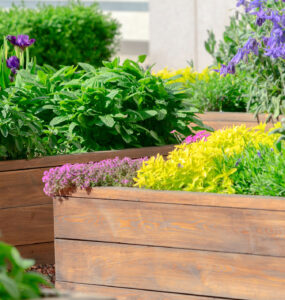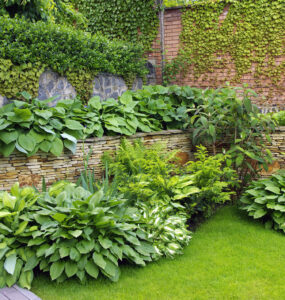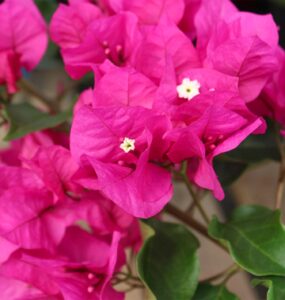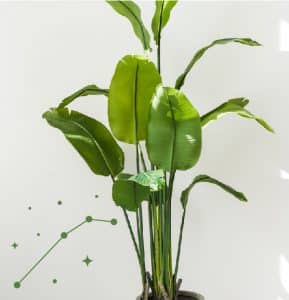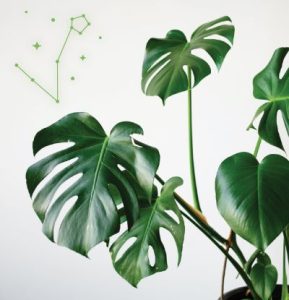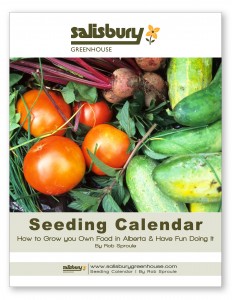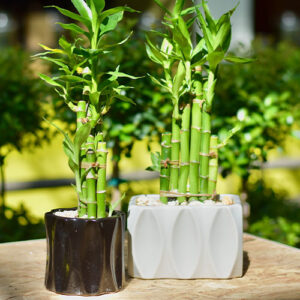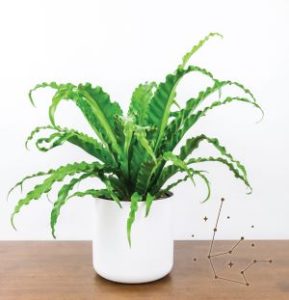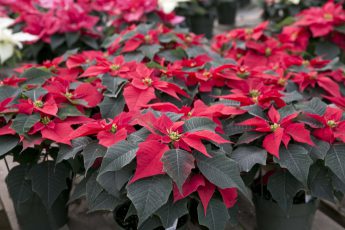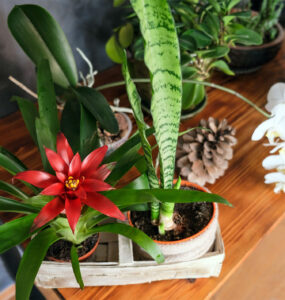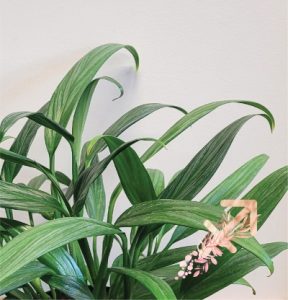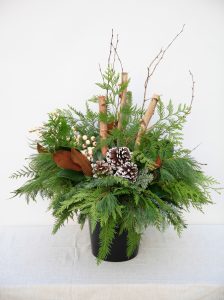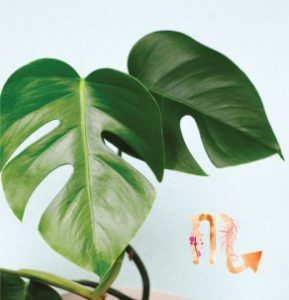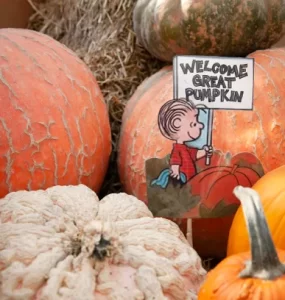
Poisonous Perennials
By Rob Sproule
A vibrant, blooming perennial bed is one of the hallmarks of a gorgeous garden (and a savvy, dedicated gardener). But we forget that behind the aesthetics of perennials lie separately evolved, highly complex plants, each with their own chemistry running through their flowers, roots and leaves.
We’ve learned a massive amount from plant chemistry. Many of our most valuable medicines come from studying the chemicals within them. But while plants can give us life saving medicines, they can also be toxic. In fact, there’s a good chance that several perennials in your yard are poisonous. It’s nothing to be alarmed about, as you’ve lived safely beside them for a long time and will continue to do so, but knowledge is power and it’s good to know a bit about the inner workings of your perennials.
As a general rule, if you don’t know for a fact that it’s edible, don’t eat it. I think that goes for pretty much every thing in life. The list below isn’t complete by any means, but covers some that can be deadly with ingesting a small amount. I’m including the Poison Control Hotline number in this article, but note that human poisoning is very rare and, with some of these plants, have never been known to happen. Be aware, but you don’t need to be scared.
Foxglove (Digitalis):
A statement making plant, Foxglove stand up to 1.5 metres and produce tall spikes of pendulous, trumpet shaped flowers. It’s a beautiful centrepiece with a dark secret.
One of the more famous of the poisonous perennials, the toxin digitalis was featured in the Bond film “Casino Royale” (when James is poisoned at the casino). Digitalis, which is found in every part of the Foxglove plant, affects the heart.
Drugs derived from Digitalis are used to treat irregular heartbeat and heart failure, although recent evidence that they may actually increase the chance of death has caused them to fall largely out of use. Needless to say, do not ingest any part of this plant.
Lily of the Valley (Convallaria):
Common in the spring, this shade-loving woodland plant blooms delicate, nodding white flowers from glossy leaves. It stays close to the ground and takes almost no maintenance.
The entire plant, and especially the leaves, contain convallatoxin, which intensifies the heart’s contractions. Symptoms can range from headaches, hot flashes and red blotches on the skin (from a nibble) to coma and death from enough exposure. If you bring them in as cut flowers, trace amounts of the toxin will even poison the water they’re in.
Hydrangea:
One of Canada’s favourite shrubs, with its giant heads of white, blue and pink lighting up summer yards, is also highly toxic. The entire plant, and especially the buds, are full of hydragin, which is similar to cyanide. Consuming hydrangea can cause shortness of breath, dizziness, and a rapid pulse which can develop into convulsions and death.
Larkspur /Delphinium:
Another centrepiece plant, Delphinium adds a big dose of vertical blue with almost no maintenance. All parts are toxic, and the seeds are deadly. If any part of this plant is ingested seek treatment right away, as it can be lethal in 6 hours.
Monkshood:
Similar looking to Foxglove, Monkshood grows to over 1 metre and flowers in the late summer. The blue and violet helmet shaped flowers are gorgeous to look at but full of alkaloids, with the roots and seeds being especially poisonous. If ingested, expect salivation, nausea, impaired vision, and death with enough volume.
If you have concerns about poisoning of any kind, Alberta’s Poison Control Hotline is an excellent resource for answering questions and addressing concerns. The number is 1-800-332-1414.

